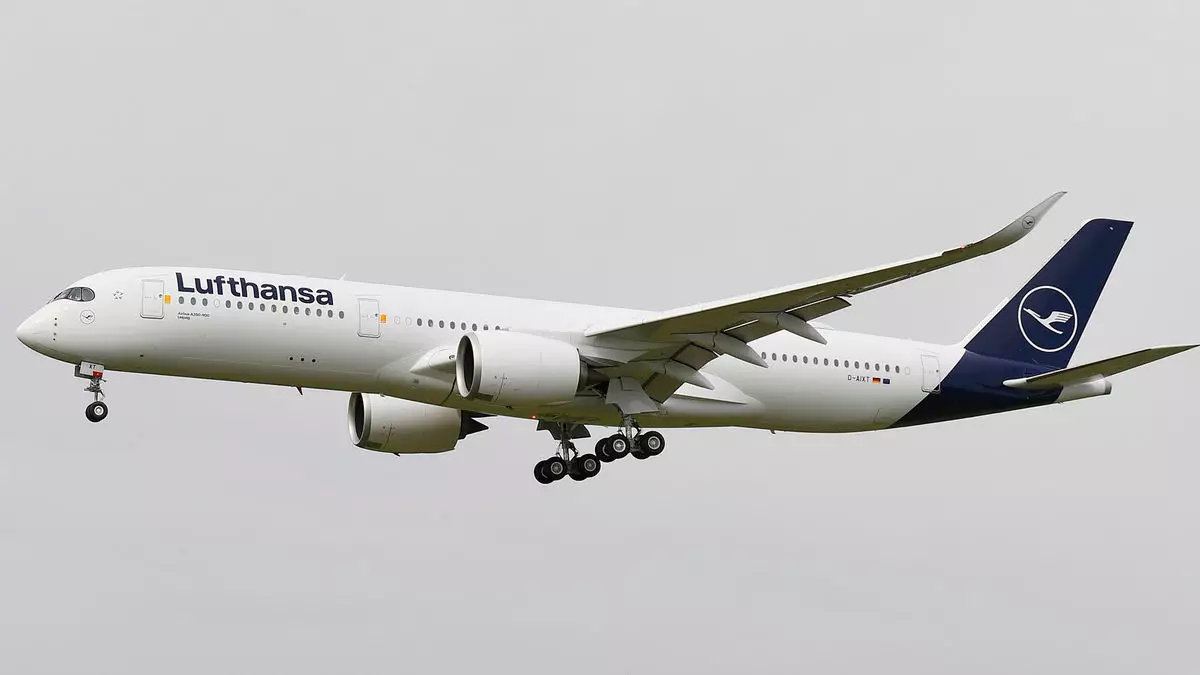Lufthansa Group has recently announced their plan to introduce an “environmental cost surcharge” of up to 72 euros per flight to offset the expenses associated with complying with new green regulatory rules for airlines. This move affects all tickets issued after June 26 for flights departing from January 1.
The airline group cited the rationale for this surcharge as the constantly increasing additional costs resulting from regulatory environmental requirements. These regulations include the EU’s new 2% blending quota for sustainable aviation fuel (SAF) starting in 2025, changes to the EU Emissions Trading System, and expenditure related to CORSIA (Carbon Offsetting and Reduction Scheme for International Aviation).
Scope of the Charge
The environmental charge will be applicable to all flights operated by Lufthansa Group departing from the 27 EU member states, as well as the U.K., Norway, and Switzerland. The exact amount of the surcharge will vary depending on the flight route and fare, ranging between 1 and 72 euros. Customers will be able to view the specific charge when booking their tickets.
While Lufthansa Group emphasized their significant investments in new aircraft and other sustainability measures, they acknowledged that they cannot absorb the escalating costs resulting from regulatory demands alone. This admission highlights the financial strain that airlines are faced with due to the shift towards greener practices in the industry.
Potential Impact on Fares and Competitiveness
Last year, Lufthansa Group CEO Carsten Spohr cautioned that European airlines might have to raise ticket prices to cover the expenses associated with SAF usage. This could potentially lead to a situation where customers opt to fly with non-EU carriers offering cheaper alternatives, posing a threat to the competitiveness of European airlines.
Lufthansa’s decision to implement an environmental cost surcharge reflects the broader challenges faced by airlines in meeting stringent environmental regulations while remaining financially viable. The introduction of this surcharge underscores the need for sustainable practices in the aviation industry and the complexities involved in balancing environmental responsibilities with economic considerations.

